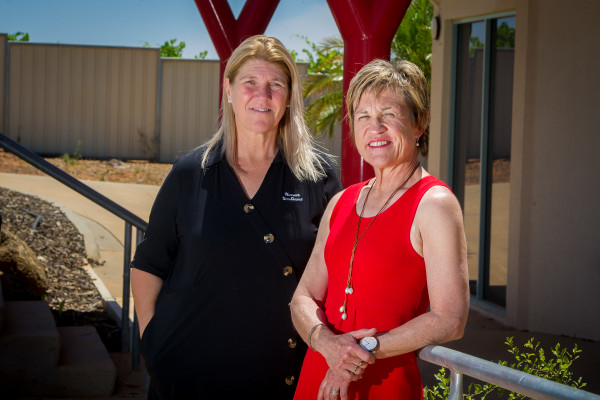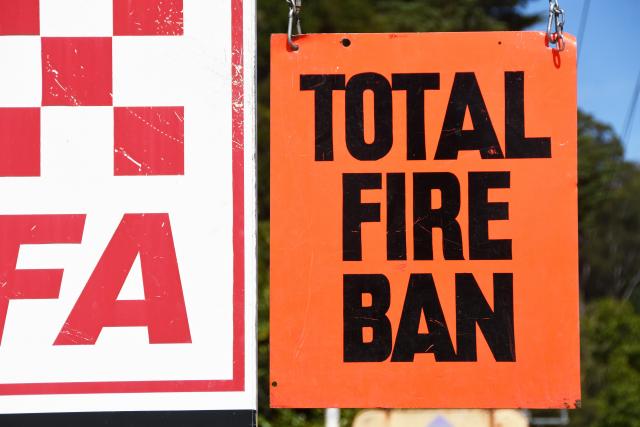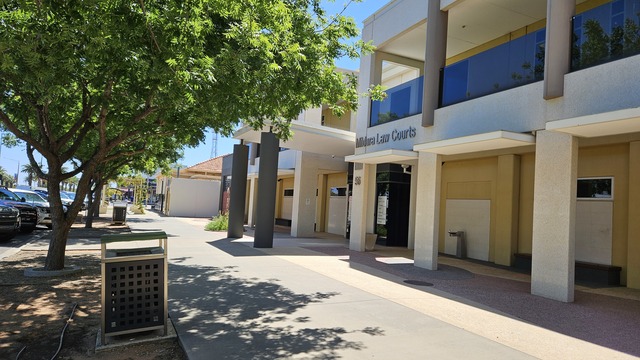THE Murray-Darling Basin Plan is “a catastrophe” and has been “predicated on a lie”, according to Member for Murray Helen Dalton.
Ms Dalton visited Wentworth on Thursday and discussed “big issues” of water quality, the unregulated development of almonds and foreign ownership of water and land.
She also met Wentworth Shire Mayor Melisa Hederics to discuss which issues needed to be pushed with the NSW Government.
Her visit followed last week’s Federal Parliament protest, in which thousands of fed-up growers and irrigators united to highlight the failure of the Plan.
Ms Dalton said she “didn’t know anything good about the plan” and labelled it a “national disaster”.
“If this happened in any other industry in Sydney, there would be action straightaway, but we are so far away from Sydney and Canberra, so they don’t live it,” she said.
“We need those people to live the impacts of what they are doing and they would soon get the gist of it, but while they are sipping whatever in Canberra or Sydney water is a long way from front and centre of their minds.”
Ms Dalton said federal and state governments were playing a “blame game” and needed to make “real change in real time”.
“The Federal Government initiated this Water for Fodder (program), which is recognition that they realise that something is terribly wrong,” she said.
“It’s not the answer, it’s all too little, too late.
“A few megalitres are not going to save a dairy herd at all.”
Ms Dalton said immediate changes needed to be be made to the basin plan and could be made without changes to the Water Act.
She said there were changes in the rules and regulations that could happen right now.
“With the stroke of a pen people could get an allocation,” Ms Dalton said.
“That’s both not just with Federal Government, but it is also with the State Government.
“No one is making any real substantial change that we want that will alleviate what is happening on people’s farms now.”
Ms Dalton has put a Bill before NSW Parliament for a transparent water register that could track who owns water and who has invested interest in making water scarce.
“(The Bill) will look into investors who maybe shouldn’t be trading water at the expense of farmers’ livelihoods,” she said.
“At the moment almonds are paying a bomb, are worth a bit, and can be paying extraordinary amounts for temporary water and that takes out other industries like dairy, rice, cotton, corn.
“All these things that underpin these rural communities, the diversity of agriculture is going and that’s a worry with the processing that comes with that — it is serious for communities.
“Water is just pricing itself out, that’s scary and then communities are in trouble.”
















